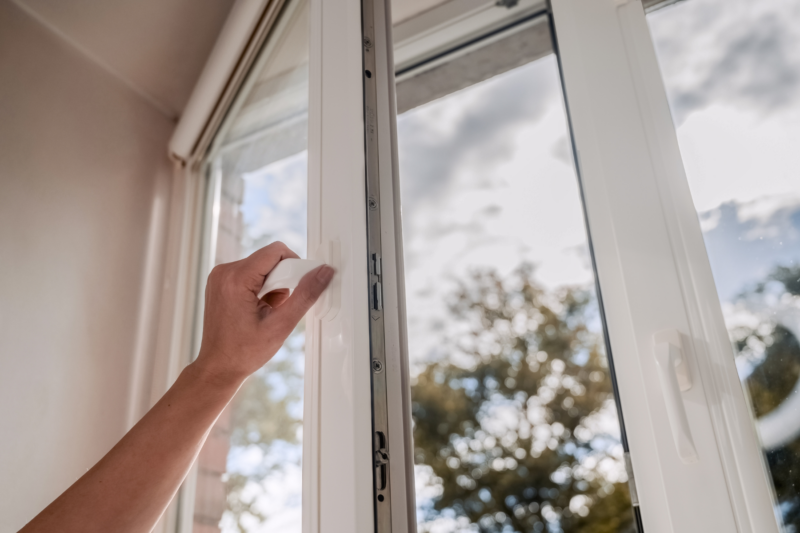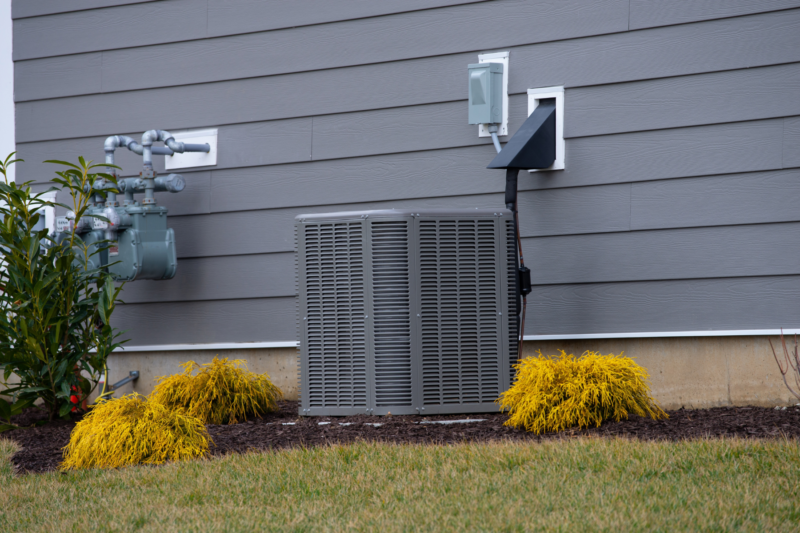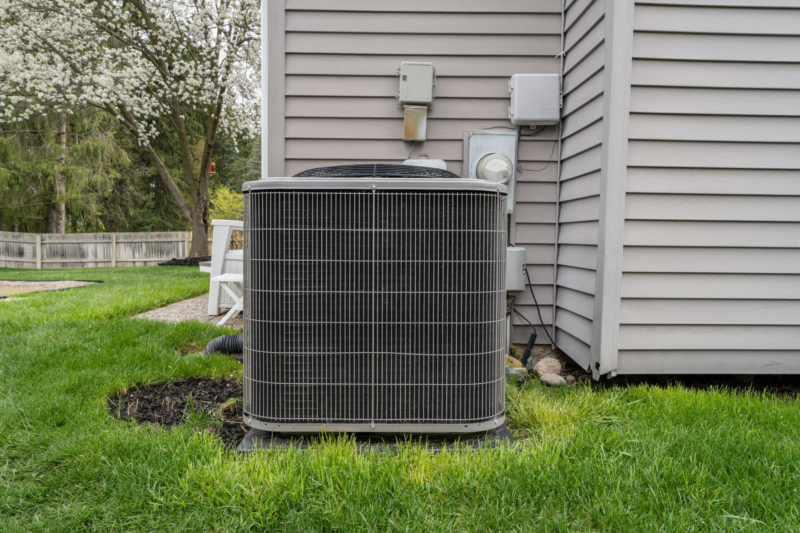Residents in South Florida live with the threat of annual tropical storms and hurricanes. If you’ve lived in the Jupiter area for a while, this probably isn’t the first hurricane season you’ve experienced. Here at Complete Comfort, we know how important it is to be prepared for these storms, so we’ve put together these tips to keep your AC hurricane safe.
Power Woes
One of the worst things that can happen to a cooling system is irregular voltage. When the power dips down it causes a strain on the electrical components of the air conditioner. That’s why it’s important to turn your air conditioner off during power surges. This will keep your system from starting and stopping and protect your AC against tropical storms or hurricanes.
With the heat and humidity that comes during hurricane season, you’ll probably be looking for any kind of relief. Remember, you should never run your home’s central air conditioner on a portable generator.
High-SEER equipment using inverter technology MUST NEVER BE RUN ON A PORTABLE GENERATOR OR A BUILT-IN STANDBY GENERATOR.
To do so risks damage to the equipment and voids the warranty on sensitive electronic components. When operating on a portable generator, only use fans and portable room-type air conditioners (depending on generator size).
Keep Your AC Hurricane Safe
For many unlucky homeowners, even when the power is restored, they won’t find relief because their outside unit has blown away. Hurricane-force winds are strong enough to pull an AC unit off its slab, so your outdoor unit is at risk if it’s not tied down with proper hurricane strapping.
The good news is that when Complete Comfort Air Conditioning & Heating installs your air conditioner, proper hurricane strapping is part of our installation process. Have access to AC and hold onto your unit with services from our team.
AC Tropical Storm Protection
In addition to strapping, here are some recommendations for how to prepare your air conditioning system before a tropical storm or hurricane hits:
- Turn off your air conditioner
- Turn off the outdoor unit at the disconnect switch near the unit
- If you have a window AC unit or portable AC unit with discharge ducts that exhaust through a window or to the exterior, remove the units/ducts and seal the opening
- Cover any outdoor air conditioners or condensing units with a tarp or plywood to protect the air conditioner from flying debris
- When Sunny Skies Return
- Uncover your outside air conditioner unit and inspect for any damage or debris. Look for damage beyond minor cabinet dents and dings that may interfere with the operation of the equipment. If you suspect your unit needs repair or replacement, call Complete Comfort immediately so you can receive priority service as soon as power is restored.
As a rule, rising water will not damage the unit. But, if the water has risen to more than 2/3 the height of the unit, (1/3 the height for high-SEER inverter units) call Complete Comfort to assess the equipment before restarting, to avoid further electrical damage or hazard. Also, inspect all electrical lines and refrigerant lines, both where they connect to the house and to the AC unit. If there are kinks or broken connections, call for service.
When Power Is Restored
DO NOT TURN ON power to the unit until your home has reliable power. You must wait until reliable power has been safely restored before turning on the disconnect switch at the unit. Then turn it back on at the thermostat. Cooling should begin as expected. If you have any questions whatsoever, it is better to be cautious. Call Complete Comfort with your questions – we’re here to help.



